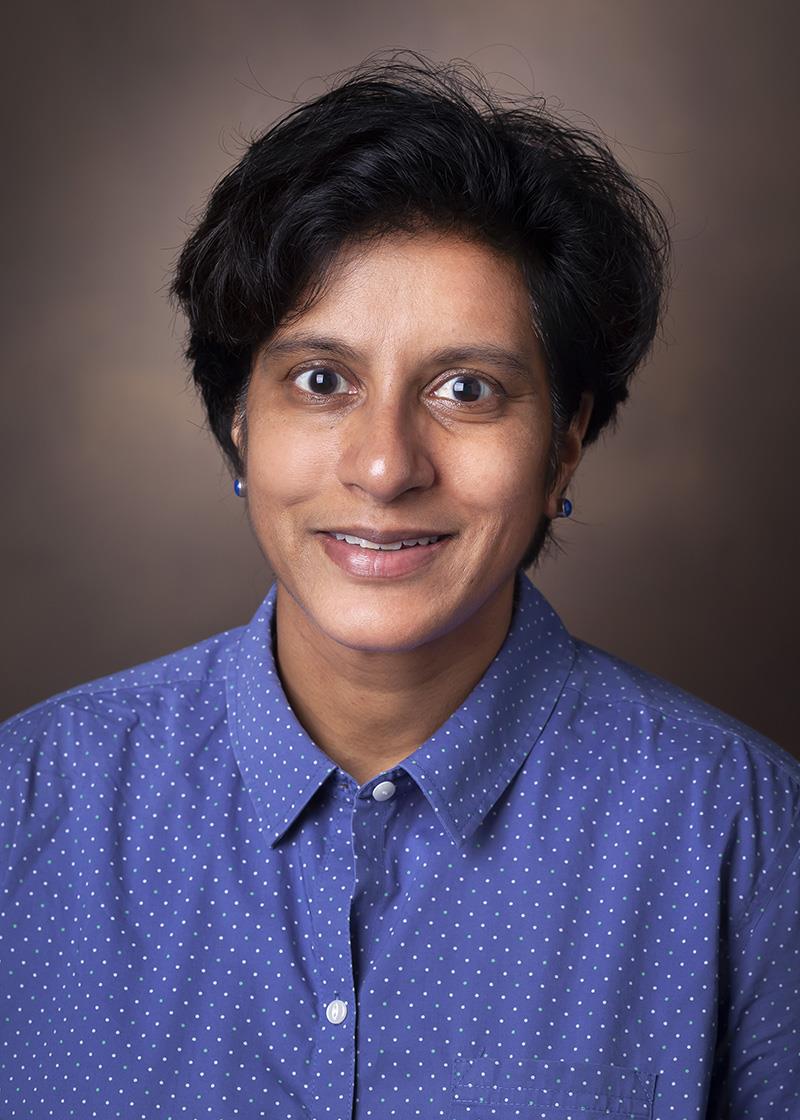Professional Bio
Mary Philip, MD, PhD, is an Assistant Professor of Medicine in the Division of Hematology and Oncology, Department of Medicine, at Vanderbilt University Medical Center. She has long focused on understanding how the immune system interacts with cancer and harnessing the power and specificity of the immune system to fight cancer, particularly in patients with metastatic or therapy-resistant disease.
She received her BS in Molecular Biophysics and Biochemistry from Yale University and her MD and PhD in cancer biology from the University of Chicago. Her thesis work uncovered new mechanisms of tumor-specific antigen generation and presentation to T cells. She completed Internal Medicine Residency training at the University of Chicago before going to the Fred Hutchinson Cancer Center/University of Washington in Seattle for Hematology/Oncology fellowship training. There she received an NCI K08 career development award and an American Society of Hematology Scholar Award for her research on metabolic regulation of T cell development. Dr. Philip then built on her knowledge of T cell differentiation to decipher mechanisms of T cell dysfunction in solid tumors at Memorial Sloan Kettering Cancer Center.
In 2017, Dr. Philip joined Vanderbilt University Medical Center as an Assistant Professor of Medicine in the Departments of Medicine and Pathology, Microbiology, and Immunology. She has published seminal work on the epigenetic and transcriptional regulation of tumor-specific T cell dysfunction in cancer (Nature 2017, 2019). Dr. Philip received the V Foundation Scholar Award in 2018 and the National Cancer Institute Early-Stage Investigator Merit Award (R37) in 2022.
Dr. Philip's research group at Vanderbilt aims to understand how transcription factor-driven chromatin/epigenetic remodeling regulates CD8 T cell differentiation in cancer, infection, and autoimmunity. Her clinical area of expertise is in caring for patients with hematologic malignancies, particular lymphomas. As a physician-scientist, Dr. Philip's goal is to use clinically-relevant mouse models of cancer to dissect the molecular mechanisms underlying T cell function/dysfunction and to design novel strategies to transform tumor-specific T cells into potent anti-tumor agents.
Relevant Links
Publications
Education
PhD - University of Chicago, 2002
MD - University of Chicago, 2004
Contact
Email
Kimryn.Rathmell@Vumc.Org
Address
777 Preston Research Building
2220 Pierce Ave
Nashville, TN 37232-6307

